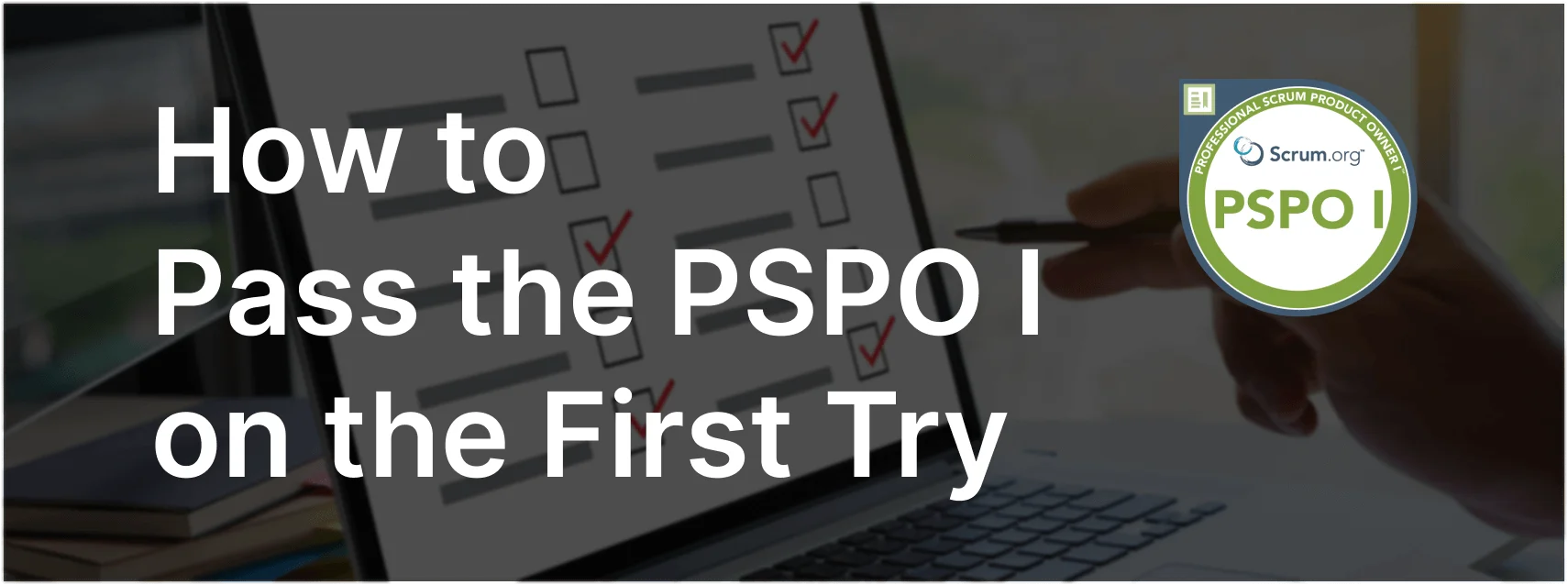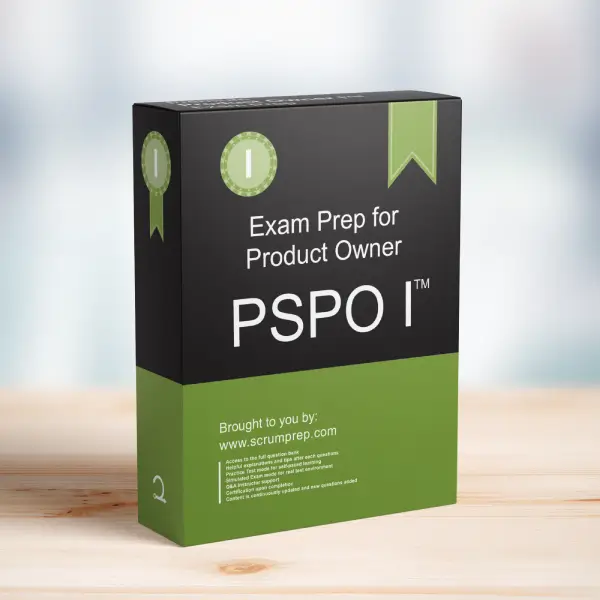Typical Work for a Product Owner in a Sprint
In a Sprint, the Product Owner plays a crucial role in ensuring the success of the Scrum Team and the overall product development process. This article explores the typical responsibilities of a Product Owner during a Sprint.
Exam Question
What is typical work for a Product Owner in a Sprint?
(choose the best two answers)
A. Attend every Daily Scrum to answer functional questions on the discussed Sprint Backlog items.
B. Update the work plan for the Developers on a daily basis.
C. Work with the Scrum Team on Product Backlog refinement.
D. Create financial reporting upon the spent hours reported by the Developers.
E. Collaborate with stakeholders, user communities and product managers.
F. Nothing.
Correct Answer
C. Work with the Scrum Team on Product Backlog refinement.
E. Collaborate with stakeholders, user communities and product managers.
Explanation
Correct Answers
C. Work with the Scrum Team on Product Backlog refinement: The Product Owner is responsible for ensuring that the Product Backlog is well-groomed and prioritized. They collaborate with the Scrum Team to refine the Product Backlog items, ensuring that the items are clear and actionable for future Sprints.
E. Collaborate with stakeholders, user communities and product managers: The Product Owner acts as the bridge between the Scrum Team and external stakeholders. They gather input from stakeholders, user communities, and product managers to ensure that the product meets market and user needs. This collaboration helps in aligning the product with business goals and customer expectations.
Incorrect Answers
A. Attend every Daily Scrum to answer functional questions on the discussed Sprint Backlog items: While the Product Owner can attend the Daily Scrum, it is not mandatory. The Daily Scrum is primarily for the Developers to synchronize their work and plan their day.
B. Update the work plan for the Developers on a daily basis: The Product Owner does not manage the daily work of the Developers. The Developers are self-managing and responsible for their own tasks.
D. Create financial reporting upon the spent hours reported by the Developers: Financial reporting is not a typical responsibility of the Product Owner in Scrum. The focus of the Product Owner is on maximizing the value of the product, not on tracking hours spent.
F. Nothing: This is incorrect as the Product Owner has several key responsibilities during a Sprint.
Responsibilities in Scrum
- Product Owner: Responsible for maximizing the value of the product by managing the Product Backlog, refining backlog items, and collaborating with stakeholders. Ensures that the Scrum Team is working on the most valuable tasks.
- Scrum Master: Facilitates Scrum events, removes impediments, and ensures that the Scrum framework is followed. Supports the Product Owner and the Scrum Team in their roles.
- Developers: Responsible for delivering the Increment and achieving the Sprint Goal. They collaborate with the Product Owner to understand the requirements and refine the Product Backlog.
Relevance to the PSPO I Exam
Understanding the typical work of a Product Owner during a Sprint is essential for the PSPO I exam. It demonstrates the Product Owner’s role in ensuring the Scrum Team is focused on delivering value and meeting stakeholder expectations.
Key Takeaways
- The Product Owner collaborates with the Scrum Team on Product Backlog refinement.
- The Product Owner engages with stakeholders to align the product with business and user needs.
- The Product Owner does not manage the daily work of the Developers but focuses on maximizing product value.
Conclusion
The Product Owner plays a vital role in a Sprint by refining the Product Backlog and collaborating with stakeholders. Understanding these responsibilities is crucial for the success of the Scrum Team and the overall product development process. For more information on preparing for the PSPO I exam, visit our PSPO I Exam Prep.


